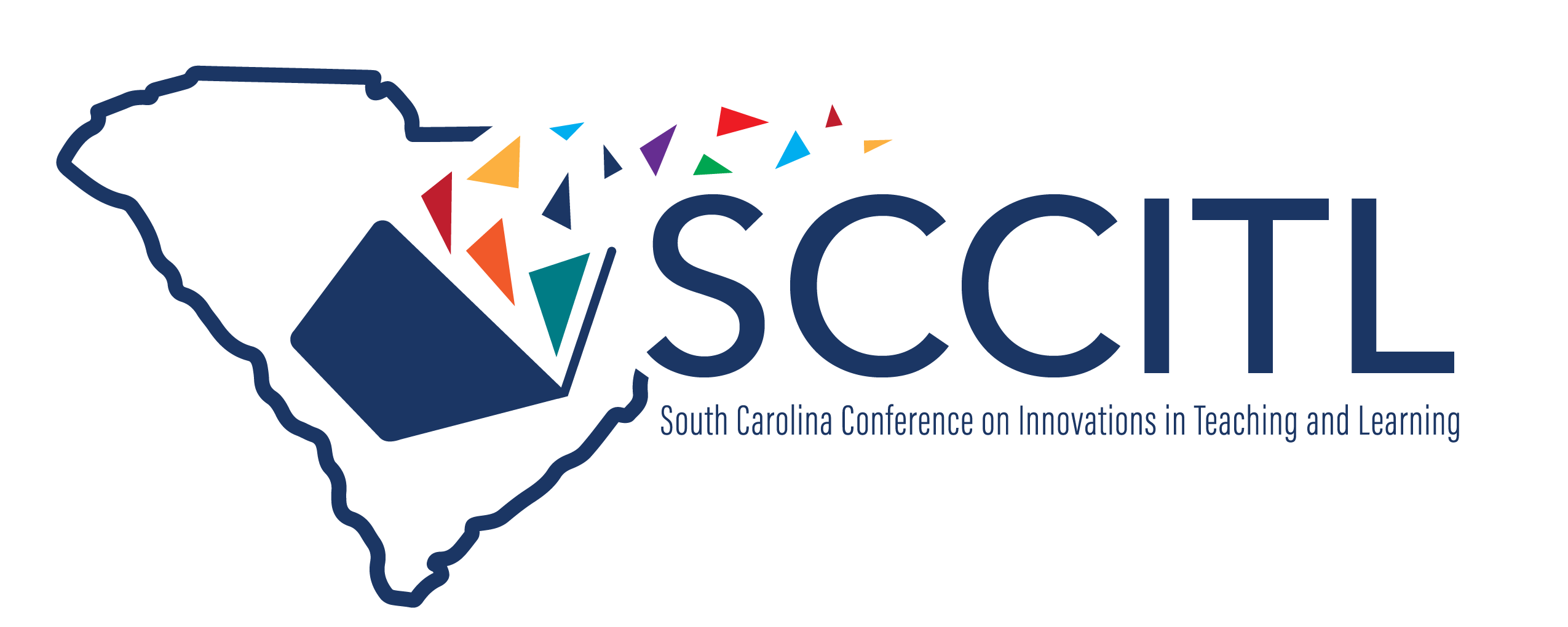Connect the Dots: Trauma-Informed Practices and You
Proposal Format
75-minute Workshop
Track Choices
Wellness and Trauma Informed Teaching
Abstract
Educators are overwhelmed with the effects of post-pandemic stress and trauma. What we need to understand is that WE are part of this equation. Trauma doesn't just happen To someone, it's much deeper than that. We need to learn how to regulate ourselves so that we are able to help others. Learn practical tools to empower the success of your classroom and relationships with your students and peers. This is an actively engaging presentation that will have you moving and practicing ways to help keep your nervous system regulated. Understanding our own roles in the environment will produce safer spaces in our society. As Stephen Porges states, "If you want to improve the world, start by making people feel safer."
Keywords
regulation, mirror neurons, trauma-informed practices
Speaker Bio
Karen Beaman is the EDU Co-Director for the Master in Education in Trauma-Informed Education. She has an Educational Specialist Degree and Master of Education in Educational Administration from the University of South Carolina. Her experience in the classroom as a teacher, instructional technology specialist, assistant principal, and serving as elementary school principal for a total of 28 years, she brings a wholistic administrative lens to understand the systemic issues facing educators and our students. Jennifer Dollar is the SOWK Co-Director of the Master in Education in Trauma-Informed Education, the former Director of Social Work Field Education, and a Social Work Instructor at Columbia College. Jennifer received her Master of Social Work (MSW) at the University of South Carolina and her Bachelor of Arts in Psychology at Carson Newman University in east Tennessee. Jennifer worked as a Medical Social Worker for over eight years after completing her MSW and then shifted her social work career by becoming a School Social Worker for 16 years in Lexington/Richland School District Five.
Connect the Dots: Trauma-Informed Practices and You
Penny Hall, 210
Educators are overwhelmed with the effects of post-pandemic stress and trauma. What we need to understand is that WE are part of this equation. Trauma doesn't just happen To someone, it's much deeper than that. We need to learn how to regulate ourselves so that we are able to help others. Learn practical tools to empower the success of your classroom and relationships with your students and peers. This is an actively engaging presentation that will have you moving and practicing ways to help keep your nervous system regulated. Understanding our own roles in the environment will produce safer spaces in our society. As Stephen Porges states, "If you want to improve the world, start by making people feel safer."


